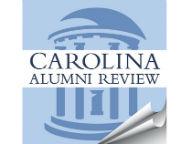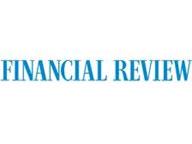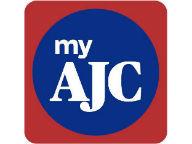Faculty News
—
Professor Nicholas Economides argues for why repealing net neutrality will harm the tech sector
—

Excerpt from AM New York -- "'They don’t have the money that [ISPs] will demand,' Nicholas Economides, a professor of economics at the NYU Stern School of Business said. 'Killing net neutrality automatically puts them at a disadvantage.'"
Faculty News
—

Excerpt from AM New York -- "'They don’t have the money that [ISPs] will demand,' Nicholas Economides, a professor of economics at the NYU Stern School of Business said. 'Killing net neutrality automatically puts them at a disadvantage.'"






















